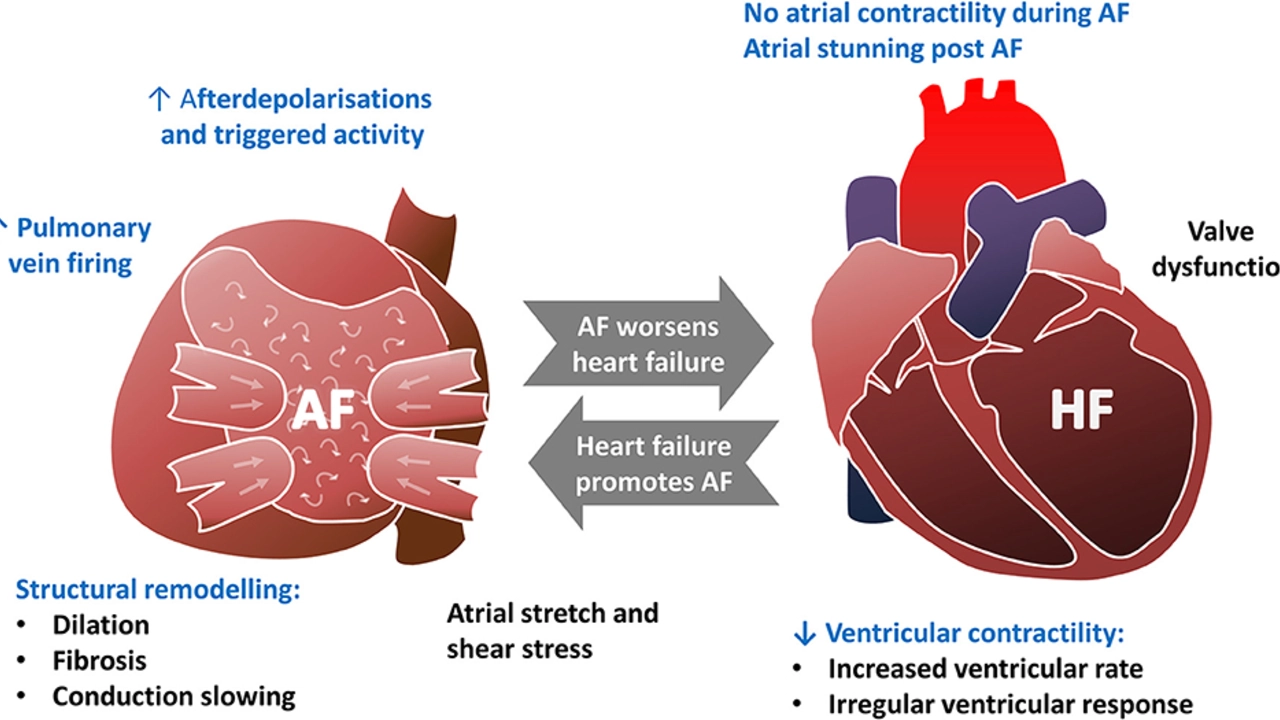Heart Failure: What You Need to Know Right Now
Got a friend or family member dealing with heart failure? Or maybe you’ve just heard the term and wonder what it actually means. Either way, you’re in the right spot. This page gathers easy‑to‑read articles that break down the basics, point out red flags, and give you hands‑on tips for living better with a weakened heart.
Common Symptoms and When to Seek Help
The first thing many people notice is shortness of breath. It can show up when you climb stairs, sit down after a meal, or even while watching TV. If you find yourself wheezing or feeling tight‑chested more often than before, it’s a sign your heart isn’t pumping as well as it should.
Another tell‑tale sign is swelling—especially in the ankles, feet, or lower legs. The extra fluid builds up because the heart can’t push blood through the body efficiently. You might also notice you’re waking up at night feeling “puffy” around your eyes or needing an extra pillow to keep breathing comfortably.
Fatigue is a sneaky one. It’s not just being tired after a long day; it’s that constant, bone‑deep weariness that doesn’t go away with coffee. If you’re constantly dragging yourself through the day, it could be heart failure trying to tell you something.
When any of these symptoms appear together or get worse quickly, call your doctor right away. Early action can keep the condition from spiraling and may save a hospital stay.
Managing Heart Failure Day‑to‑Day
Medication is a big part of the plan. Doctors often prescribe ACE inhibitors, beta‑blockers, or diuretics to help the heart work easier and get rid of excess fluid. Take each pill exactly as instructed—missing doses can undo weeks of progress.
Watch your salt intake. Even a little extra sodium can make fluid build up faster. Aim for under 2,300 mg per day; if you’re already on medication that squeezes fluid out, cutting it down to 1,500 mg is even better.
Stay active—but don’t overdo it. A short walk, light stretching, or gentle cycling can boost circulation without stressing the heart. Start with five minutes a day and add a minute each week as you feel stronger.
Weight yourself daily. A sudden jump of two pounds in 24 hours could mean fluid is gathering, signaling you to tweak your meds or call your doctor.
Hydration matters too. You don’t want to drink gallons of water and overload the heart, but you also shouldn’t skimp on fluids. Aim for about eight ounces a few times a day unless your doctor says otherwise.
Lastly, keep an eye on mental health. Living with heart failure can feel isolating. Talk openly with family, join online support groups, or chat with a counselor. A positive mindset helps you stick to the treatment plan.
Use this tag page as your go‑to hub for fresh articles about new meds, diet hacks, and real‑life stories from people managing heart failure. Bookmark it, come back often, and stay ahead of the game.
Enalapril and Heart Failure: What You Need to Know
In my latest blog post, I've delved into the role of Enalapril in managing heart failure. I've discovered that this medication, belonging to the ACE inhibitors group, can help lower blood pressure and reduce strain on the heart, making it easier for the heart to pump blood. It's not a cure, but Enalapril can significantly improve the quality of life for those suffering from heart failure. It's crucial, however, to understand its potential side effects and to follow your doctor's instructions closely. If you're dealing with heart failure, this could be a treatment option worth discussing with your healthcare provider.
More
